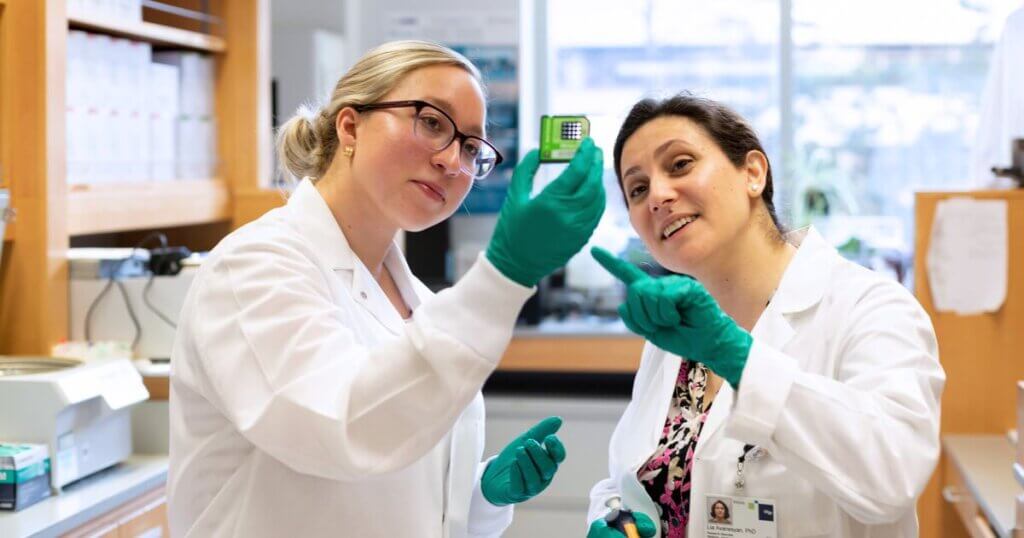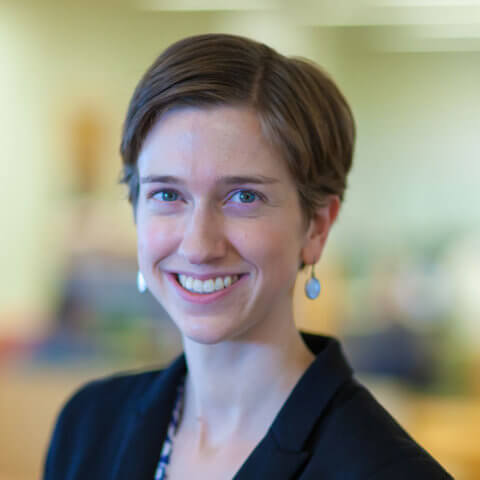In January 2023, the White House Office of Science and Technology Policy (OSTP) declared 2023 “The Year of Open Science.” The OSTP defines open science as, “The principle and practice of making research products and processes available to all, while respecting diverse cultures, maintaining security and privacy, and fostering collaborations, reproducibility, and equity.” These practices and priorities mirror the core values of the Data Science and Open Scholarship team at the UCSF Library. As this year concludes, we want to highlight some of our team’s open science-related initiatives and encourage the UCSF community to engage with the open science community in 2024.
Advocating for equity in academic publishing
Head of Scholarly Communication, Anneliese Taylor, spearheaded two efforts to increase diversity and transparency in academic publishing. In July, she co-hosted the webinar, “Publishing for Equity: A Panel Discussion on Anti-Oppressive Publishing.” This event featured faculty members Joël Babdor, PhD, Kirsten Bibbins-Domingo, PhD, MD, MAS, Jae Sevelius, PhD, Kanade Shinkai, MD, and publications expert Charlotte Roh, MLIS. The panel shared their perspectives on anti-oppressive publishing, highlighting the need to use inclusive language, give credit equitably, and challenge past methods and frameworks that perpetuate stereotypes. In October, Anneliese was part of a UC-wide collaborative team that launched the Diversity, Equity and Inclusion in Scholarly Communication resource. This site supports the UC community in gaining a deeper understanding of diversity, equity, and inclusion in scholarly publishing. The resource also includes concrete actions authors, peer reviewers, journal editors, and librarians can use to ensure they are creating a more equitable landscape.
Paving the way for open data
The National Institutes of Health instituted the Data Management and Sharing (DMS) Policy in January, a key step towards making the products of research, in this case research data, accessible for re-use in future studies. Director of Data Science and Open Scholarship, Ariel Deardorff led several training efforts to prepare UCSF researchers to meet these new requirements, by presenting in departmental meetings, during grand rounds, via library workshops, and by consulting with over 115 researchers on their individual DMS plans. While sharing data is an essential practice of open science, it must be done with respect for research participant’s safety and privacy. These considerations have been a key factor in our trainings at UCSF.
Building transparent workflows
Computational training is an essential step towards making biomedical research workflows more transparent and reproducible. Our team continued to teach foundational programming skills using open-source programming languages. Data Science Instructional Designer Albert Lee, Head of Data Science Karla Lindquist, and Head of Data Engineering Geoff Boushey led 40 workshops to over 1,000 learners from UCSF and the wider UC community. These workshops taught researchers how to clean, analyze, and visualize data using reproducible methods and highlighted publicly accessible data collections curated at UCSF, like the UCSF Industry Documents Library.
Nurturing open science community
Ariel Deardorff continued co-hosting the Bay Area Open Science Group, a growing community for Bay Area academics and researchers interested in incorporating open science into their research, teaching, and learning. This year, the Group hosted eight virtual meetups, with speakers focused on open data, open science careers, lab practices to support open science, and DEI efforts in open science. The group also released an open curriculum module to support training on the Open Science Team Agreement, a tool for research labs or teams to start conversations about open science.
Open science in 2024
We look forward to further collaborative open science activities in 2024 and invite you to connect with us. Check out our website to learn more about our open science offerings or send us an email to arrange a presentation on open science for your team or department.
Feature image courtesy of Susan Merrell, 2020

